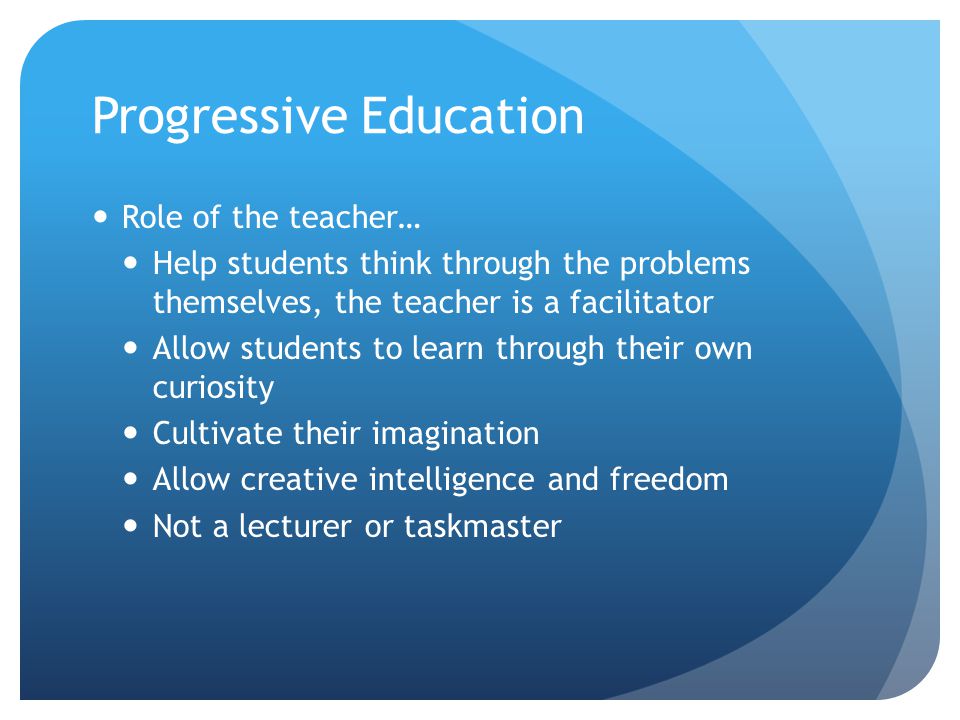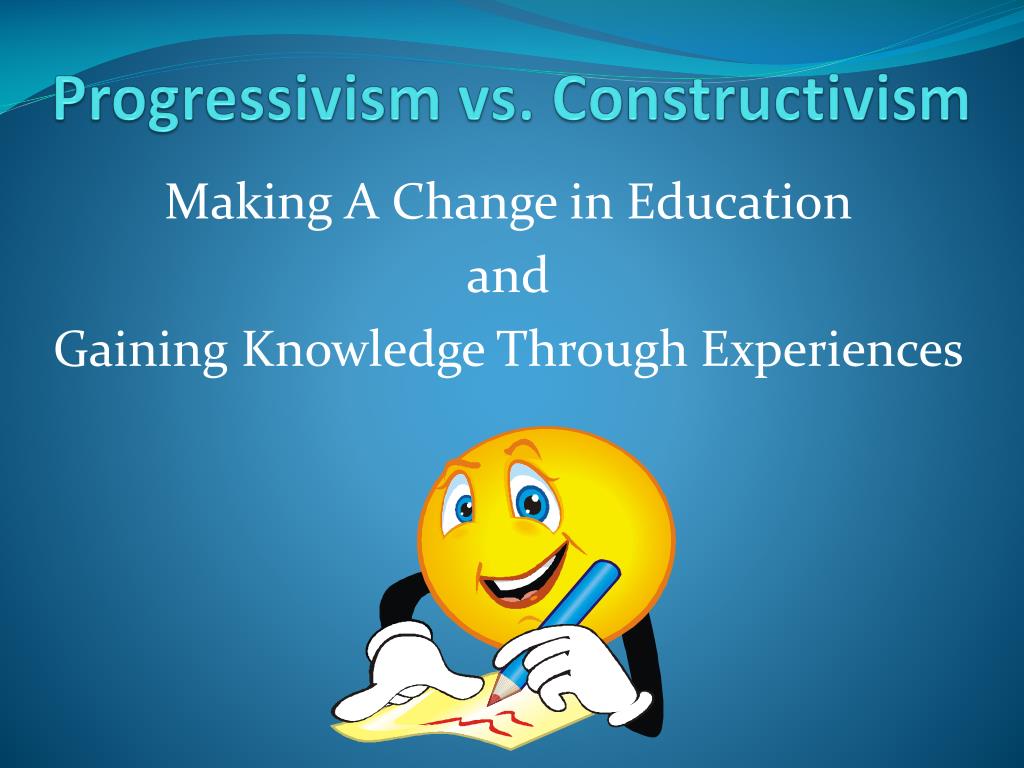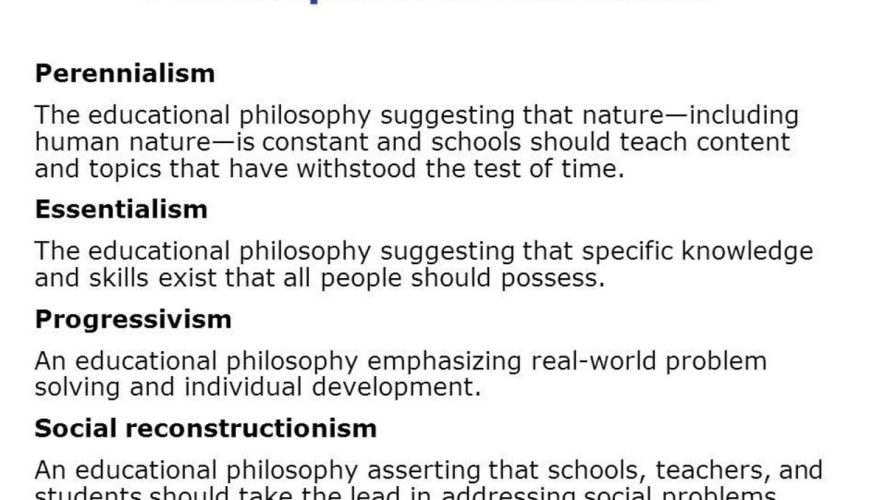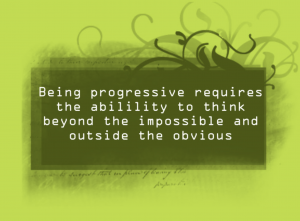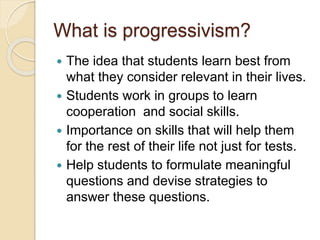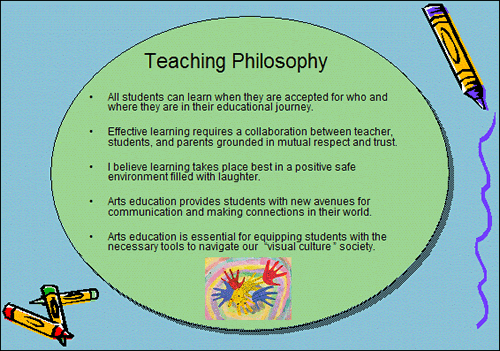Progressivism is a philosophy of education that emphasizes the need for educational reform and the importance of personal and social development. It emerged in the late 19th and early 20th centuries as a response to traditional, structured forms of education that focused solely on the transmission of knowledge and did not adequately address the needs and interests of individual students.
Progressivism emphasizes the idea that education should be student-centered, meaning that it should focus on the needs, interests, and abilities of individual students rather than a one-size-fits-all approach. It advocates for the use of experiential learning, in which students learn through hands-on experiences and problem-solving, rather than simply memorizing facts and information.
According to progressivism, education should not just be about preparing students for future employment, but also about helping them become responsible, compassionate, and engaged citizens who are able to make positive contributions to their communities. To achieve this, progressivism emphasizes the importance of incorporating real-world problems and issues into the classroom, and encouraging students to think critically and creatively about how to solve them.
One key figure in the progressivism movement was John Dewey, who argued that education should be a process of actively constructing knowledge rather than passively receiving it. He believed that education should be centered on the needs and interests of the learner, and that it should be an ongoing process that occurs throughout life.
Another important aspect of progressivism is the belief in the importance of social and emotional learning. This means that education should not just focus on academic skills, but also on the development of emotional intelligence and social skills, such as communication, collaboration, and conflict resolution.
Overall, progressivism is a philosophy of education that emphasizes the importance of individualized, experiential learning that prepares students for both personal and social development. It advocates for education that is student-centered, real-world focused, and that addresses the social and emotional needs of learners.



